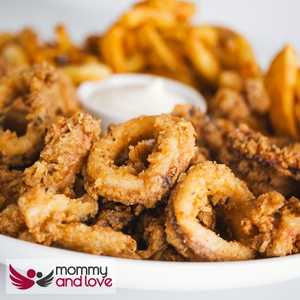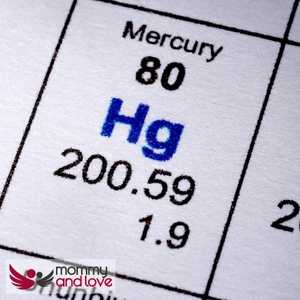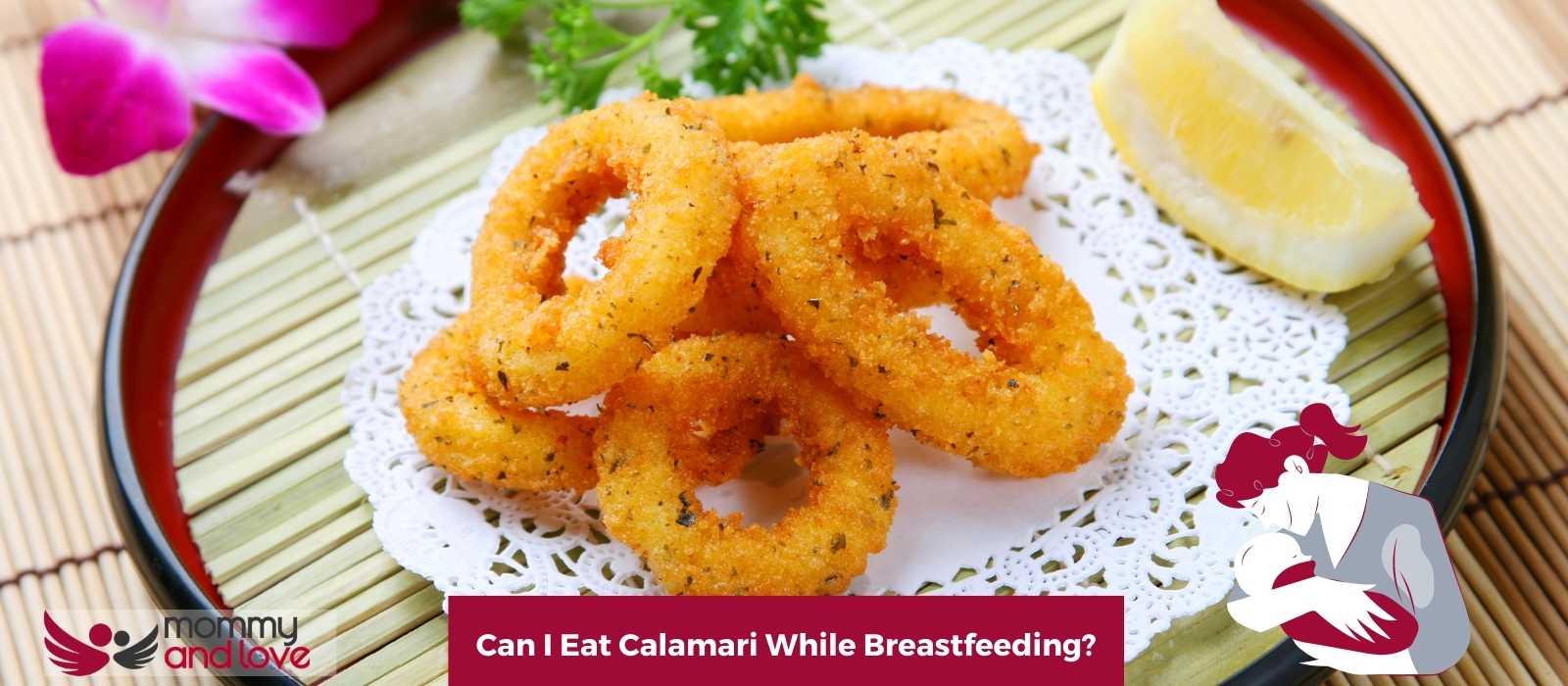As a breastfeeding mother, you may be wondering if it’s safe to eat calamari. Is there mercury in calamari? What about other toxins? In this blog post, we’ll take a look at the safety of eating calamari for breastfeeding moms. We’ll also provide some tips for choosing safe seafood while breastfeeding.
So, can breastfeeding mothers eat calamari? Yes! There are no major dangers associated with eating calamari, but there may be some risks if the seafood isn’t cooked properly and at an appropriate temperature. So calamari lovers rejoice, these particular seafood products are low in mercury and you can safely eat them, however, you should consider both the mercury content and the cholesterol issues associated with eating battered and deep fried food!
Is Calamari Healthy?
Calamari is a seafood that is low in mercury and high in protein. They are also good seafood sources of omega-3 fatty acids, which are important for the development of your baby’s brain and eyes.
Calamari, like many other types of seafood, is high in B vitamins. A 3-ounce serving contains 31% of the recommended daily amount for riboflavin and 14% of the RDA for niacin. These vitamins are essential for maintaining a healthy appetite and digestion, producing energy, vision, skin maintenance, and neurological function.
However, if calamari is battered and deep fried, then you should limit your intake of high cholesterol foods like this. On its own, squid is healthy but depending on the oil used in the deep fat frying process, it might be quite unhealthy. Squid itself is low in saturated fat, however when battered and deep friend it becomes high in saturated fat and trans fat.
What Are the Benefits of Eating Calamari For Breastfeeding Moms?

Whilst squid is generally considered a healthy food. It is one of a few seafood products that contain high levels of protein, vitamin B12, and selenium while being low in saturated fat.
Trans and saturated fat are normally avoided by those with high cholesterol, however remember that calamari has added trans fats to this.
High levels of protein and vitamin B12 are essential for breastfeeding mothers as they help in the development of the baby’s brain and nervous system. Selenium helps in the development of cells in the body.
Protein is required for the production of breast milk, which is then passed from the mother to the baby to nourish and support growth. As a result, breastfeeding women require an extra 25 grams of protein every day. It is critical to consume a variety of protein-rich foods on a daily basis to ensure a continuous supply of milk.
The benefits of calamari are not only for the baby but also for mothers. Squid contains low levels of mercury, which is good for breastfeeding mothers who want to limit their exposure to mercury during this time period.
What Are the Issues With Eating Calamari?
The main concern with eating calamari is the presence of toxins in the seafood. Some of these toxins, such as mercury and polychlorinated biphenyls (PCBs), can be harmful to both the mother and the baby.
Mercury is a toxin that can cause neurological problems in adults and developmental problems in children. PCBs are a type of toxin that can damage the brain, liver, and immune system.
It is important to choose seafood that is low in toxins so that you can safely enjoy eating them. And avoid eating seafood with high mercury content. The Environmental Protection Agency (EPA) has created a list of seafood that can be part of a healthy diet and is low in mercury and PCBs. This list includes calamari.
Another issue with eating calamari is the high levels of cholesterol. Animal products including seafood are the only dietary sources of cholesterol that can raise the risk of heart disease and other health problems in adults. However, the levels of cholesterol in squid are lower than in other types of seafood, such as smoked salmon.
Is Calamari High in Mercury?

Over a 20-year period, the FDA measured mercury averages in various types of fish.
Squid produced an average of 0.024 PPM (parts per million) of mercury, which is considered very low.
Furthermore, the Environmental Defense Fund’s Seafood Selector distinguishes between different species of squid. All three of the items listed have a low mercury rating.
What is the conclusion? Squid does not contain a lot of mercury; in fact, it has a very low quantity. As a result, you can safely enjoy several portions of squid per week for breastfeeding or pregnant women.
How Much Calamari Can I Eat When Breastfeeding?
Calamari has a mercury content of 0.024 parts per million (PPM), which is substantially lower than that of shark, swordfish, tuna, and marlin. Because of the low mercury content in calamari, you can safely consume two to three servings per week based on dietary guidelines.
Although calamari is considered low mercury seafood and relatively safe to eat compared to other seafood choices, you should still minimize your fried food consumption. Certain foods such as calamari can still cause mercury exposure depending on the seafood sources.
In the first few weeks, it is often suggested to have a milder diet consisting of nutrient-rich foods so that you can look after your own health and your growing baby.
Does Calamari Affect Breast Milk?
There is no evidence to suggest that eating calamari has any negative effect on breast milk. In fact, calamari is a good source of protein and omega-3 fatty acids, which are important for infant and fetal brain development.
So while calamari might not be at the top of the list of foods to boost a mother’s milk supply, it still contains nutrients that can help with breast milk production.
Can a Breastfed Baby Be Allergic to Calamari?
Some newborns with shellfish allergies are allergic to both groups (crustaceans and mollusks), whereas others are only allergic to one.
The majority of shellfish allergies occur when people consume shellfish. When the allergen had passed via breastmilk in the case of the baby. However, touching shellfish or breathing in vapors from cooking shellfish can cause an allergic reaction in some people.
An allergy to shellfish can develop at any age. Even persons who have previously consumed shellfish may acquire an allergy. Some people grow out of certain food allergies over time, but those who are allergic to shellfish typically have the allergy for the remainder of their lives. It is probably safer than eating raw oysters which can also be allergic.
How To Cook and Eat Shellfish Like Calamari
Although squid is safe to consume when pregnant or breastfeeding, it is only safe if properly prepared. This seafood can be prepared in a variety of ways, including frying, sautéing, baking, and grilling.
You can also sear squid, but don’t do so if you’re pregnant or breastfeeding. While the outside may be cooked, the interior may be raw, putting you and your baby at risk of disease.
Seafood such as calamari or even low mercury fish should be properly cooked to an internal temperature of 145°F (62.8°C) for them to be safe to eat. It’s critical to store any leftovers in the refrigerator as soon as possible after cooking. It just takes 1 to 2 hours for dangerous germs to develop at room temperature.
Squid is also eaten raw and is sometimes used as an ingredient in raw sushi. If you’re pregnant or breastfeeding, you should avoid raw or uncooked seafood in dishes like sushi. Raw fish and seafood may include harmful bacteria that are dangerous to both you and your baby. Food poisoning when breastfeeding is not fun although most dangerous bacteria are not passed onto your baby through your breastmilk.
Take Away on Calamari for the Breastfeeding Mother
When it comes to seafood, pregnant and breastfeeding mothers have a lot of questions. Can they eat this? Is that safe? What about mercury levels? In this blog post, we looked at the average mercury levels in squid as well as how much calamari a breastfeeding mother can safely consume each week.
Additionally, we explored whether or not eating calamari has any negative effect on breast milk production. Finally, we shared some tips on how to cook calamari properly. All in all, it seems that eating calamari is generally safe–just make sure you cook it properly first!
Eating calamari or crawfish while breastfeeding is a question that will likely vary from person to person.




